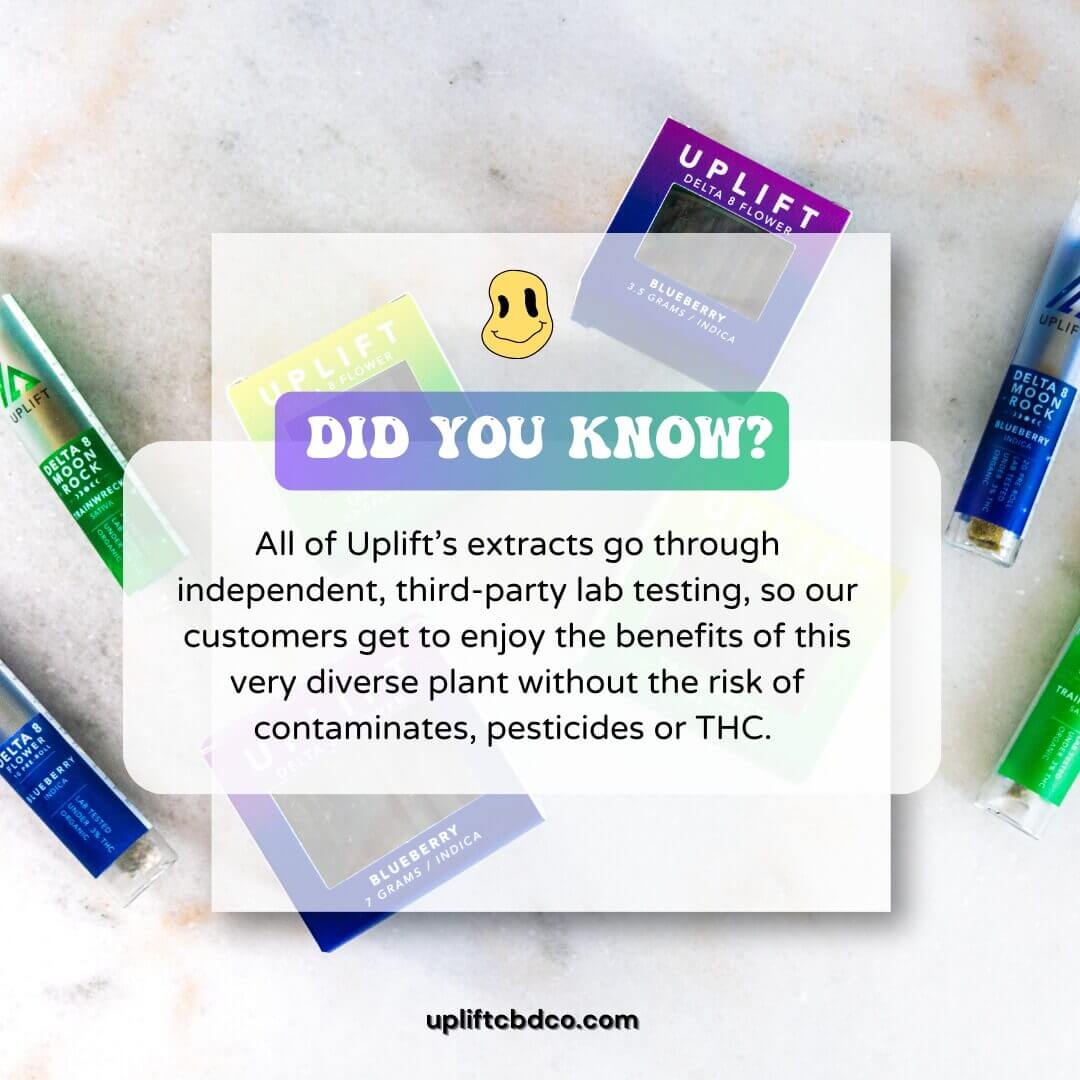What Is THC? Tetrahydrocannabinol is the primary chemical responsible for the psychological effects of marijuana. According to the National Institute on Drug Abuse (NIDA), it mimics the effects of naturally occurring cannabinoid chemicals in the body.
Cannabinoid receptors are located in specific areas of the brain associated with memory, pleasure, and coordination. When THC binds to these receptors, it activates them, leading to positive impacts on memory, pleasure, movement, concentration, coordination, and sensory perception, as stated by NIDA.
THC is just one of the numerous compounds present in the resin produced by the glands of the marijuana plant. These resin glands are primarily found around the plant’s reproductive organs. The resin also contains other compounds called cannabinoids. The National Center for Biotechnology Information (NCBI) explains that one of these cannabinoids, CBD, is non-psychoactive and can counteract the high caused by THC.
Effects on the Body
According to NIDA, THC stimulates brain cells to release dopamine, resulting in euphoria. The drug also affects the functioning of the hippocampus, which is responsible for memory formation.
THC can induce hallucinations, delusions, and alterations in thinking. Its effects typically last around two hours and begin within 10-30 minutes after consumption. However, psychomotor impairment may persist even after the intoxication subsides.
California specializing in local farming and medicinal cannabis highlighted a study published in the British Journal of Pharmacology. The study demonstrated that other cannabinoids and terpenes, compounds responsible for flavor and scent in plants, can modulate and reduce the negative effects of THC.
Medicinal Uses
According to the National Cancer Institute, marijuana has been used as a medicine for over 3,000 years. In early 2017, more than half of the United States legalized the use of medical marijuana, and several states have also legalized it for recreational purposes.
THC, the active compound in marijuana, is either extracted from the plant or synthesized, as seen in the FDA-approved drug dronabinol. Dronabinol can be used to treat or alleviate nausea and vomiting caused by cancer medications, as well as to increase appetite in individuals with AIDS, according to the U.S. National Library of Medicine. It is a light-yellow resinous oil.
A 2016 study conducted on mice suggested that small doses of THC may improve memory. However, it is important to note that this finding was based on animal research.
Many individuals argue that marijuana is a safer alternative to prescription drugs because it is “all-natural.” However, Raskin pointed out that just because something is considered “natural,” it does not necessarily mean it is beneficial for health. As an example, poison oak can be harmful, emphasizing the fact that not all naturally occurring substances are healthy or good for you.
Concentrations of THC in Cannabis
THC undergoes degradation when exposed to air, resulting in the formation of cannabinol, which has its own psychoactive effects. The concentration of THC is also influenced by the specific type of marijuana.
As stated by the North American Industrial Hemp Council, hemp is a variety of cannabis that contains minimal amounts of THC. Hemp finds applications in both medical and industrial fields.
Certain cannabis strains may contain as little as 0.3% THC by weight, while others can have THC constituting up to 20% of their weight. According to the National Highway Traffic Safety Administration, the average concentration of THC in marijuana is 1 to 5%. In hashish, it ranges from 5 to 15%, and hashish oils typically have an average THC content of 20%. The levels of THC in marijuana intended for recreational use can vary significantly. Generally, a higher dose is required to achieve the desired effect when the THC level is lower.
CBD vs. THC: What’s the Difference?
As marijuana and cannabis legalization expands to more states, you are likely to come across them more frequently. CBD and THC are the two natural compounds that have garnered significant attention.
Cannabis is a plant that produces a dense substance known as cannabinoids. There are over 100 different chemicals found in cannabis, and these compounds induce similar drug-like effects in the body.
CBD (cannabidiol) and THC (tetrahydrocannabinol) are the most prevalent cannabinoids present in cannabis products.
Both marijuana and hemp contain THC and CBD. However, marijuana generally contains a higher concentration of THC compared to hemp. On the other hand, hemp is rich in CBD content.
Chemical Structure
CBD and THC have the same chemical composition, consisting of 21 carbon atoms, 30 hydrogen atoms, and two oxygen atoms. However, the distinction lies in the arrangement of these atoms. As a result, CBD and THC possess different chemical properties and impact the body in distinct ways.
Both CBD and THC function by releasing neurotransmitters in the brain, which can have varying effects on mood and sleep, either positive or negative.
How CBD and THC Affect the Body
THC is the primary psychoactive component of marijuana, responsible for inducing the feeling of being “high.”
Within the body, there are two distinct types of cannabinoid receptors. THC primarily binds to receptors located in the brain, which play a role in regulating pain, mood, and emotions. It is the interaction of THC with these receptors that produces the euphoria and high associated with marijuana.
In contrast, CBD does not produce a high. It is believed that CBD interacts with various elements within the body to promote feelings of well-being.
Is THC Legal?
Cannabis laws are subject to frequent changes. In many states, the use of medical marijuana containing THC remains prohibited under federal law. However, some states have legalized the recreational use of marijuana containing THC for personal purposes, although it remains illegal at the federal level in the United States.
In December 2018, the Farm Bill approved the cultivation and sale of hemp. Nevertheless, there are still restrictions on the sale and distribution of CBD-containing products, including limitations on where and how they can be sold. Some CBD products are prohibited from being sold across state borders. Make sure to check in your state before purchasing THC and other THC products.
Where to Buy High-Quality THC
When it comes to purchasing CBD products, it is crucial to prioritize your safety and well-being. It is recommended to only buy from accredited and safe online stores, such as Uplift CBD.
By choosing accredited stores, you can have peace of mind knowing that the products you purchase undergo rigorous quality control measures and adhere to industry standards. These stores often provide detailed information about their products, including lab test results and ingredient lists, ensuring transparency and reliability.
Accredited online stores prioritize customer satisfaction and are dedicated to providing high-quality CBD products that meet your needs. Remember, when it comes to your health and wellness, it is always wise to exercise caution and choose reputable sources like Uplift CBD.


